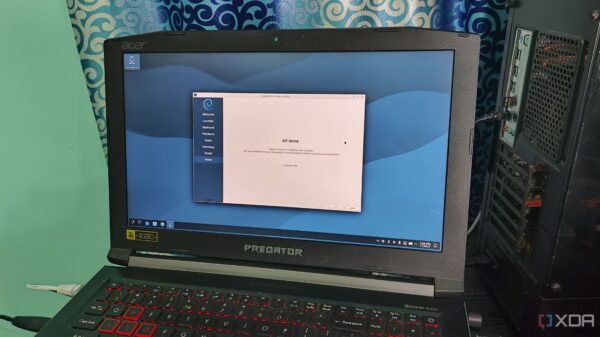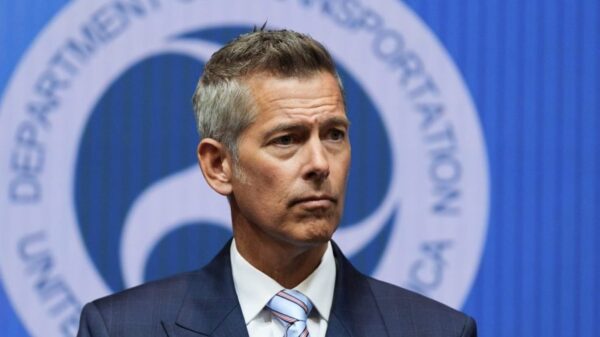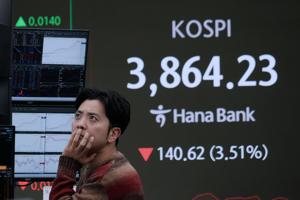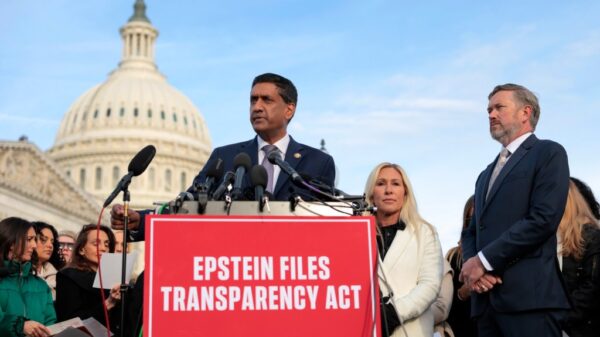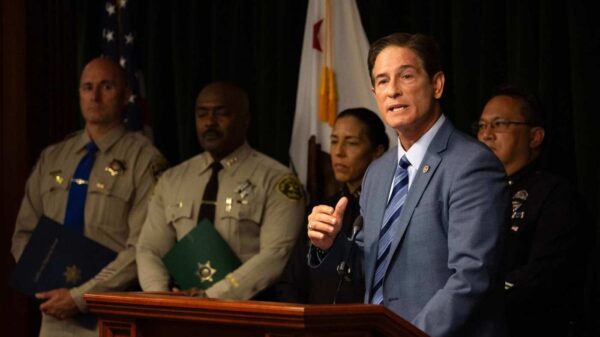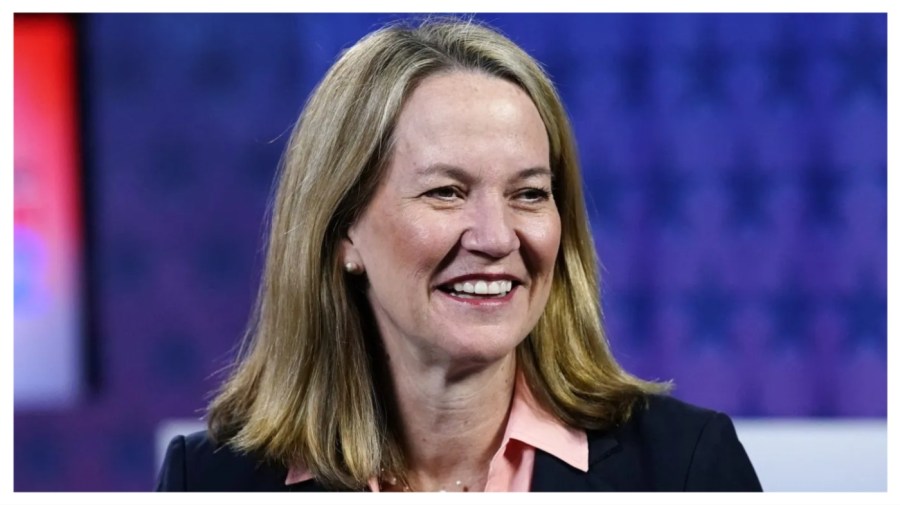The Arizona Attorney General is taking decisive action in the ongoing legal battle over the 2020 election. On Friday, Attorney General Kris Mayes announced plans to request that the state’s top court review a lower court’s order to return the case to a grand jury. This case involves allegations of election subversion against allies of former President Donald Trump and the controversial “fake electors” scheme.
Case Background and Legal Developments
The legal proceedings stem from efforts by Trump’s associates to overturn the results of the 2020 presidential election in Arizona. Mayes aims to challenge a recent ruling that sent the case back to a grand jury, which had previously been dismissed in lower courts. This move reflects the attorney general’s commitment to pursuing accountability in what she describes as an attempt to undermine democracy.
Mayes emphasized the importance of addressing the allegations seriously, stating, “The integrity of our elections must be protected. We cannot allow those who attempt to subvert our democratic process to evade justice.” The attorney general’s office is expected to file the appeal shortly, with a focus on ensuring that the evidence is thoroughly examined by the court.
Political Implications and Public Response
The decision to pursue this case has garnered mixed reactions across the political spectrum. Supporters of Mayes view her actions as a necessary step towards upholding electoral integrity, while critics argue that the focus on the 2020 election distracts from current political challenges. The controversy surrounding the “fake electors”—individuals who falsely claimed to be legitimate electors for Trump—has added further complexity to the situation.
As the legal proceedings unfold, the implications for both state and national politics could be significant. The outcome may influence ongoing debates about election security and voter confidence in democratic institutions. Legal experts suggest that the Supreme Court’s decision could set a precedent for similar cases in the future.
In Arizona, many residents remain acutely aware of the implications of this case. Public interest is high, and upcoming court hearings are likely to attract considerable media attention. As more details emerge, the narrative surrounding the 2020 election continues to evolve, reflecting broader national concerns regarding electoral processes.
As the situation develops, the Arizona Attorney General’s office is poised to make its case before the Supreme Court. The legal findings may not only reshape the discourse surrounding the 2020 election but also impact future electoral strategies in the state and beyond.


